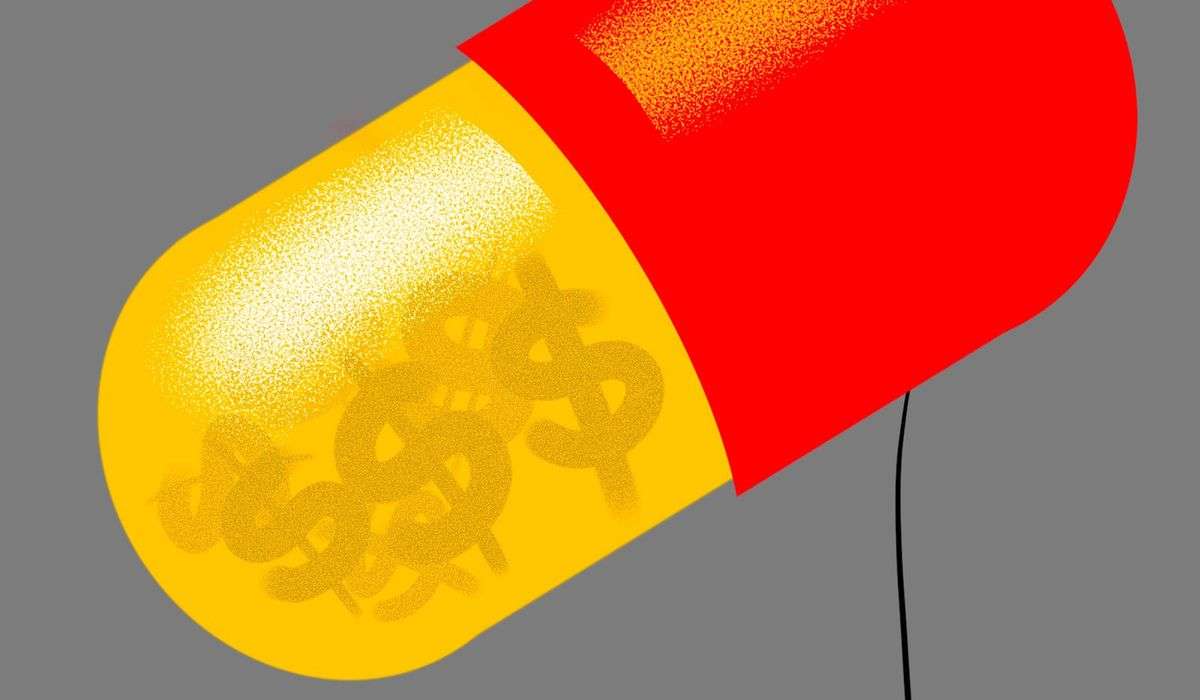The high cost of prescription drug price controls

OPINION:
In the summer of 2022, Congress passed and President Biden signed the Inflation Reduction Act, a bill that among other measures introduced a novel approach to prescription drug pricing. Americans ought to be deeply concerned about a specific provision of this act: the imposition of an outrageous excise tax on certain prescription drugs as a mechanism to enforce government price controls.
This policy mandates that pharmaceutical companies either accept government-dictated prices for their products or face a punitive 95% tax on those drugs. This is framed as a negotiation, but it leaves no real choice for manufacturers, effectively cornering them into compliance. Though intended to reduce drug prices, the price control strategy risks severe unintended consequences that are detrimental not only to the pharmaceutical industry but more critically to patients and the broader economy.
The immediate effect of this tax would likely be a dramatic increase in drug prices for consumers. As with other excise taxes, the financial burden ultimately falls on end users — in this case, patients needing essential medicines. Furthermore, the imposition of such controls can lead to drug shortages, as companies find it increasingly unfeasible to produce medications at capped prices.
Beyond the immediate impact on drug pricing and availability, there’s a long-term threat to innovation. The U.S. has been a global leader in pharmaceutical research and development, largely due to the ability of companies to fund research through drug sales. Imposing stringent price controls and heavy taxes will surely hamper innovation, delaying or halting the development of new and potentially lifesaving treatments and medicines.
In a bold and aggressive stance, the Biden administration’s policies, combining the support for the extension of the Trade-Related Aspects of Intellectual Property Rights Agreement waiver with the prescription drug excise tax, can be seen as a declaration of war on the foundational principles of American health care. This dual approach seemingly undermines the very pillars of innovation and accessibility that have long defined medical care in the United States.
Perhaps more alarming is the precedent this policy sets for governmental intervention. If this approach is deemed successful, it could open the door to similar controls in other industries, leading to a slippery slope of government overreach and market distortion. Collectively, these policies could reshape the landscape of American health care, and not for the better.
A coalition letter, signed by 83 member organizations, including the Southwest Public Policy Institute, addresses congressional leaders expressing significant concerns about the prescription drug policy in the Inflation Reduction Act of 2022. The letter criticizes the law for introducing stringent government-imposed price controls. The signatories urge a reconsideration of this policy, advocating more balanced solutions that preserve market dynamics and ensure patient access to essential medications.
It is undeniable that the cost of prescription drugs needs scrutiny and action. The approach, however, should balance affordability with the need to foster innovation and maintain economic stability. Market-driven solutions, transparent pricing mechanisms, and targeted subsidies for those in need can be part of a more sustainable and less intrusive approach.
The 95% excise tax on prescription drugs, as outlined in the Inflation Reduction Act, poses more risks than it promises in benefits. We urge policymakers to reconsider this approach and instead focus on engaging with industry experts, economists and patient groups to devise policies that genuinely serve the public interest without compromising the dynamic health care marketplace.
Let’s work toward solutions that ensure both the affordability of essential medications and the continued innovation that has long been the hallmark of American health care.
• Patrick M. Brenner is president of the Southwest Public Policy Institute, a think tank dedicated to improving the quality of life in the American Southwest by formulating, promoting and defending sound public policy solutions. Our mission is simple: to deliver better living through better policy.






